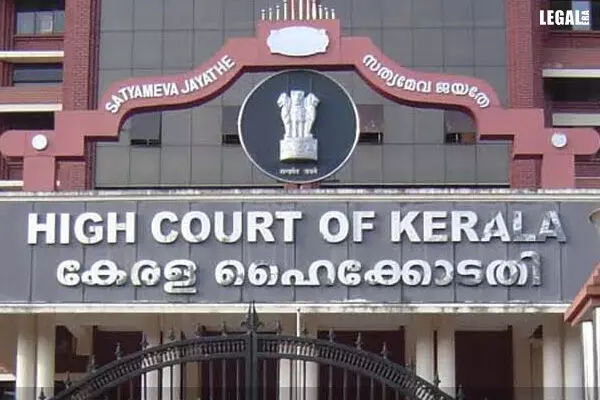- Home
- News
- Articles+
- Aerospace
- AI
- Agriculture
- Alternate Dispute Resolution
- Arbitration & Mediation
- Banking and Finance
- Bankruptcy
- Book Review
- Bribery & Corruption
- Commercial Litigation
- Competition Law
- Conference Reports
- Consumer Products
- Contract
- Corporate Governance
- Corporate Law
- Covid-19
- Cryptocurrency
- Cybersecurity
- Data Protection
- Defence
- Digital Economy
- E-commerce
- Employment Law
- Energy and Natural Resources
- Entertainment and Sports Law
- Environmental Law
- ESG
- FDI
- Food and Beverage
- Gaming
- Health Care
- IBC Diaries
- In Focus
- Inclusion & Diversity
- Insurance Law
- Intellectual Property
- International Law
- IP & Tech Era
- Know the Law
- Labour Laws
- Law & Policy and Regulation
- Litigation
- Litigation Funding
- Manufacturing
- Mergers & Acquisitions
- NFTs
- Privacy
- Private Equity
- Project Finance
- Real Estate
- Risk and Compliance
- Student Corner
- Take On Board
- Tax
- Technology Media and Telecom
- Tributes
- Viewpoint
- Zoom In
- Law Firms
- In-House
- Rankings
- E-Magazine
- Legal Era TV
- Events
- News
- Articles
- Aerospace
- AI
- Agriculture
- Alternate Dispute Resolution
- Arbitration & Mediation
- Banking and Finance
- Bankruptcy
- Book Review
- Bribery & Corruption
- Commercial Litigation
- Competition Law
- Conference Reports
- Consumer Products
- Contract
- Corporate Governance
- Corporate Law
- Covid-19
- Cryptocurrency
- Cybersecurity
- Data Protection
- Defence
- Digital Economy
- E-commerce
- Employment Law
- Energy and Natural Resources
- Entertainment and Sports Law
- Environmental Law
- ESG
- FDI
- Food and Beverage
- Gaming
- Health Care
- IBC Diaries
- In Focus
- Inclusion & Diversity
- Insurance Law
- Intellectual Property
- International Law
- IP & Tech Era
- Know the Law
- Labour Laws
- Law & Policy and Regulation
- Litigation
- Litigation Funding
- Manufacturing
- Mergers & Acquisitions
- NFTs
- Privacy
- Private Equity
- Project Finance
- Real Estate
- Risk and Compliance
- Student Corner
- Take On Board
- Tax
- Technology Media and Telecom
- Tributes
- Viewpoint
- Zoom In
- Law Firms
- In-House
- Rankings
- E-Magazine
- Legal Era TV
- Events
Kerala High Court Rules Writ Petition Not Maintainable Against First Appellate Authority’s Order; Revisional Jurisdiction Available

Kerala High Court Rules Writ Petition Not Maintainable Against First Appellate Authority’s Order; Revisional Jurisdiction Available
The Kerala High Court has ruled that a writ petition is not maintainable against the order of the First Appellate Authority under the Kerala Building Tax Act.
The bench, consisting of Justices A. K. Jayasankaran Nambiar and Syam Kumar V.M., has allowed the appellant the option to file a statutory revision before the District Collector. This revision is against the order where the First Appellate Authority upheld the Tahsildar’s assessment, which imposed a building tax on the appellant’s properties.
The petitioner/assessee contested the First Appellate Authority’s order, which confirmed the Tahsildar's assessment for building and luxury tax. The Appellate Authority also remanded another issue back to the Tahsildar-Assessing Authority for further review.
In disposing of the writ petition, the single judge considered only the part of the First Appellate Authority’s order that remanded an issue for fresh consideration by the Assessing Authority, dismissing the petition as not maintainable because the order was deemed solely a remand order.
The petitioner argued that the single judge overlooked the portion of the order that confirmed the building tax assessment. They contended that factual errors were made by the First Appellate Authority in affirming the Tahsildar’s assessment of the buildings for building tax.
The court determined that the appellant has an effective alternative remedy by filing a revision petition before the District Collector under Section 13 of the Building Tax Act.
It was clarified that if the appellant submits the revision petition to the District Collector within one month of receiving a copy of the judgment, the District Collector must consider it as timely filed and proceed to review the petition on its merits.


